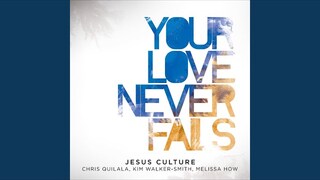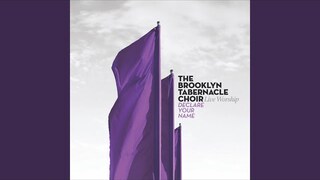"Where Should I Go To College?" John MacArthur provides perspective to prospective students.
“How can this degree help me (or my child) get a job?” I hear the question often and it is understandable. A job is a major part of life, society views college as the place where people go to secure jobs, and the most immediate and lucrative jobs seem to be in science, technology, or business. So, why would anyone get a broader education in the liberal arts? How does that produce a return on a tremendous educational investment? Liberal arts simply seem irrelevant in our current paradigm.
Perhaps we need a different paradigm. Some might think this is just an excuse. This is just the philosophical talk of people who live in an ivory tower and don’t understand the practical realities of life. Let me be clear, my concern is far more pastoral than philosophical. It is about the truth and preventing a life of regret. Our culture has programmed us to be consumed with work and money, but that is not objective reality. Ecclesiastes reminds us of how people pursued riches only to reap vanity and strive after the wind (Ecc 4:8; 5:12). Why? While the Bible acknowledges that work is a major component of life (cf. Eph 4:28; Col 3:22-4:1), it also reminds us that life is far more than this. Our lives also deal with our families (Eph 5:22-6:3), church (1 Tim 3:14-16), government (1 Pet 2:13-14), and society (Col 4:4-5). Most importantly, our lives will extend far beyond the here and now into eternity, and we will need to give an account to God for all we have done, not just relative to our jobs (cf. 2 Cor 5:10).
We tend to ignore this truth because the accountability for these things comes at the end and not right now. That does not make it any less real. When all we think about is jobs and income, we are not being practical and realistic. We are being extremely short-sided and dangerously so. “For what is a man profited if he gains the whole world, and loses or forfeits himself?” (Lk 9:25). You can make all the money in the world and still fail at life. And that failure causes the greatest grief to all. Life is bigger than our work in the here and now. Everyone knows this, which is precisely why people on their death beds do not wish for more money or success but to have been a better parent, spouse, or person.
So, what do we really need? Death and eternity clarify what matters, and the true paradigm is revealed. We don’t just want a nice job for ourselves or for our children. We don’t just want to gain the world and lose our soul. We want to live a life in its entirety for Christ. That’s the richest life, the real paradigm.
In essence, the purpose of a liberal arts education is to instill wisdom. It is about subjecting every category of thought—language, logic, science, math, history, and society—to the lordship of Christ (cf. Acts 17:22-31; 2 Cor 10:3-5). We are equipped to make the best choices in every area of life and lead a life that matters now and for eternity. That is what we truly want and need.
Of course, this only occurs when the liberal arts are done rightly. To be sure, people can and have engaged in the liberal arts the wrong way, divorcing it from objective truth and reality. Such studies can become quite bizarre and utterly unhelpful, causing people to question their value. But the liberal arts, when subjected to Scripture, give us the best grasp on reality. They teach us to understand all of life correctly, the way God intended it to be. And that kind of wisdom not only honors Christ but consequently gives us an edge in this life.
It gives us an edge in the workplace. This may seem to be a stretch. How can liberal arts be useful when vocational tracks in STEM or business directly set us up for a successful job? Certainly, a specialized education is a great fit for specialized jobs, but those jobs are also a great fit to be automated. You can program a robot or computer to do technical work, and we already see it happening. A report from World Economic Forum projected that 5.1 million jobs could be lost over the next few years because of automation. Likewise, a study from Oxford found that 47% of jobs in the United States are at risk. A specialized education may get you a job quickly, but those jobs may also be ending (or changing) just as quickly. So, what do we do? ....
**Read the full article here: https://www.masters.edu/master_tmu_news/the-absolute-necessity-of-a-biblical-liberal-arts-degree/"











![Where Could I Go [Live]](https://api.gnli.com/rails/active_storage/representations/eyJfcmFpbHMiOnsibWVzc2FnZSI6IkJBaHBBL2syQmc9PSIsImV4cCI6bnVsbCwicHVyIjoiYmxvYl9pZCJ9fQ==--1170ffe62a8ad7c569b40dd3ae048616175c9e6c/eyJfcmFpbHMiOnsibWVzc2FnZSI6IkJBaDdCam9VWTI5dFltbHVaVjl2Y0hScGIyNXpld2c2QzNKbGMybDZaVWtpRFRNeU1IZ3hPREJlQmpvR1JWUTZER2R5WVhacGRIbEpJZ3REWlc1MFpYSUdPd2RVT2dsamNtOXdTU0lRTXpJd2VERTRNQ3N3S3pBR093ZFUiLCJleHAiOm51bGwsInB1ciI6InZhcmlhdGlvbiJ9fQ==--0ebf9084946cba25260280d16685eb6948d0525b/26ef7c6425d99679cc0bca77b7177c52.jpeg)








